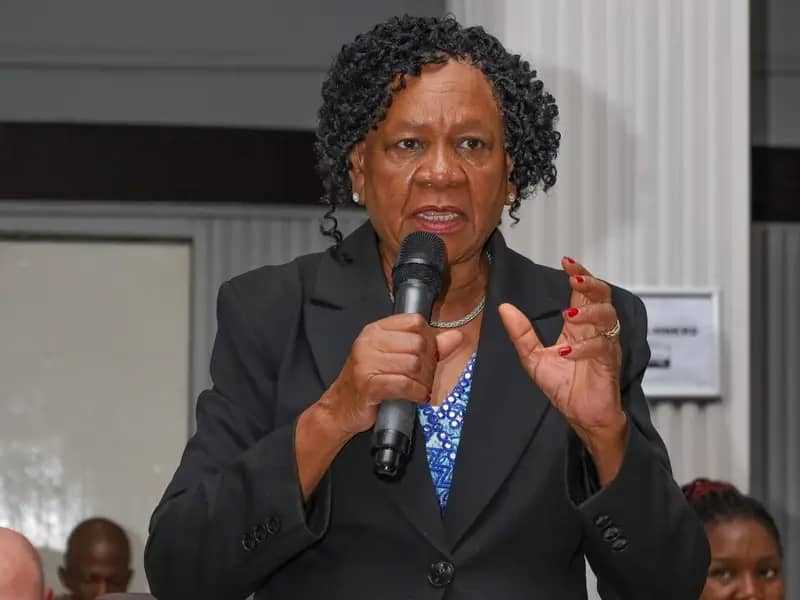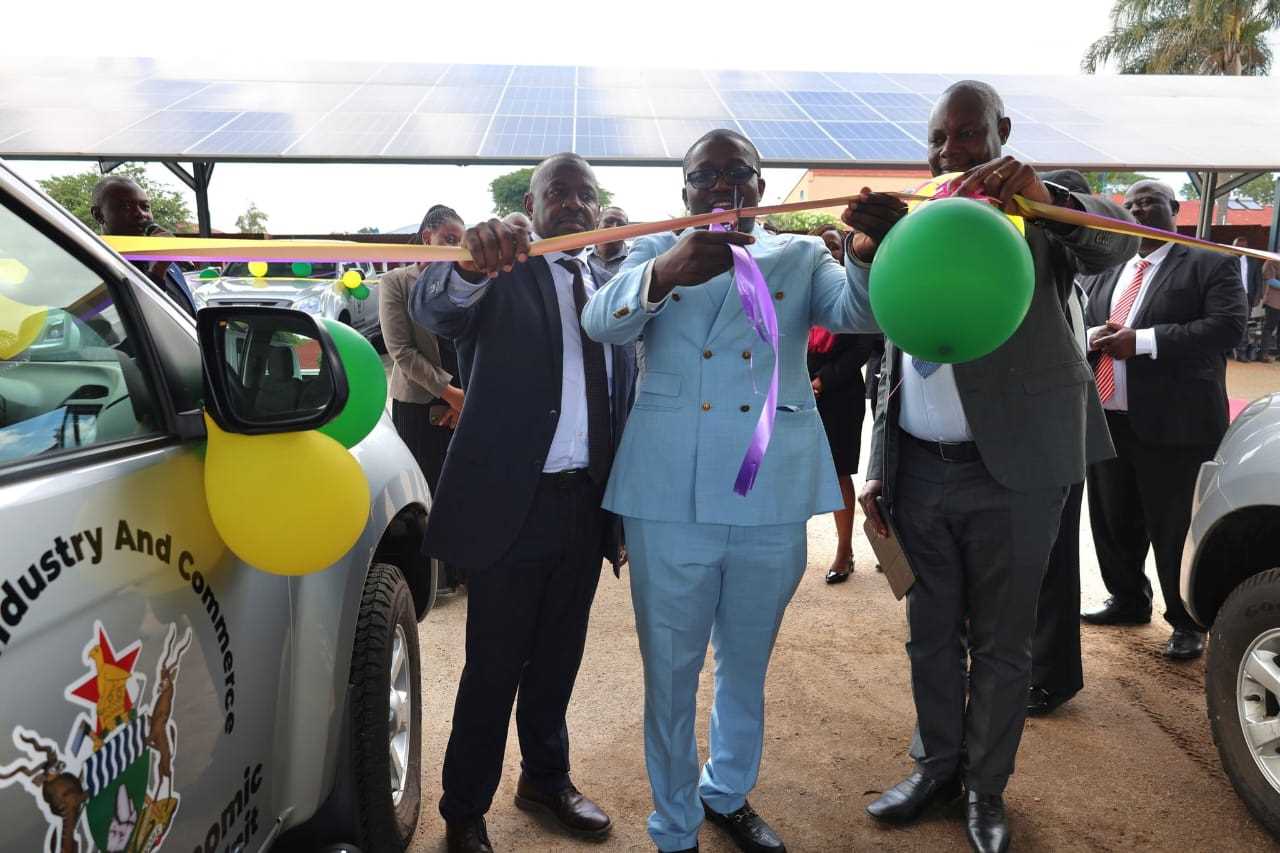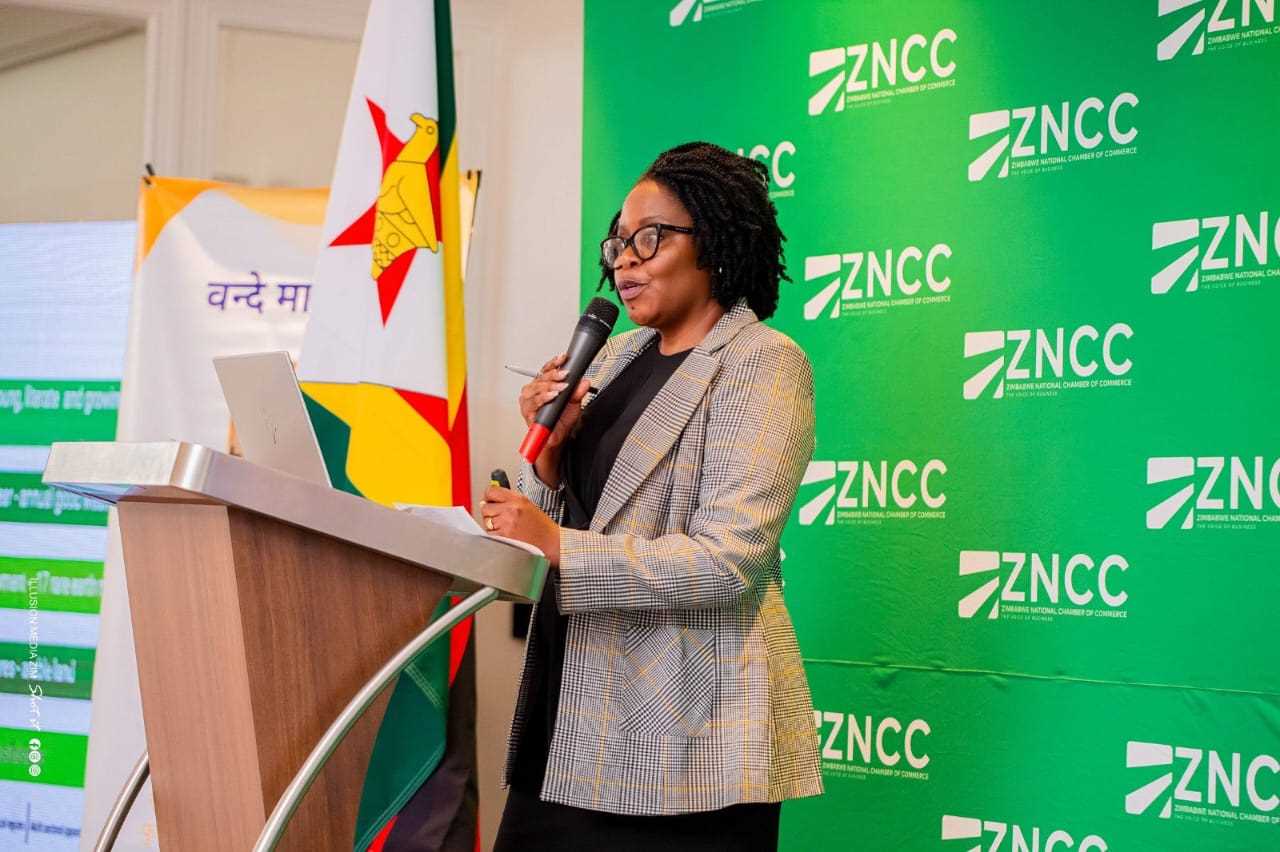
Rutendo Mazhindu- Zim Now Reporter
Zimbabwe is gearing up to take a firm stance at the upcoming CITES CoP20 summit in Samarkand, Uzbekistan, where it plans to defend its right to manage and trade wildlife resources — including controversial items such as ivory.
With just seven months to go before the global conservation event, government officials, wildlife experts, and key stakeholders met this week in Bulawayo to fine-tune the country's official proposals.
The high-level consultation, held at the Zimbabwe International Trade Fair grounds, was led by Environment, Climate and Wildlife Minister Dr Evelyn Ndlovu. She said the meeting aimed to consolidate national views on species listings, trade decisions, and other key issues expected to dominate the November summit.
Dr. Ndlovu signaled that Zimbabwe will strongly oppose any international moves to tighten trade restrictions on species such as elephants, hippos, and leopards. She emphasized that the country’s conservation model — which balances tourism revenue with controlled wildlife trade — has helped maintain robust animal populations.
Related Stories
“We have successfully managed our elephant population and want the world to acknowledge this,” said Ndlovu. “International trade in ivory and live animals is important to our economy and conservation efforts.”
She warned that several proposals tabled at the previous CITES summit in Panama — including attempts to ban domestic ivory markets and limit transboundary wildlife movement — are likely to resurface in new forms at CoP20. Zimbabwe, alongside other pro-sustainable-use countries, opposed those proposals and intends to do so again.
Zimbabwe's core argument is that wildlife should contribute to livelihoods and development, provided it is done sustainably and under strict regulation. Dr. Ndlovu criticized what she described as the "misuse of the precautionary principle" by some nations to block trade, even when evidence shows that conservation safeguards are working.
The minister also announced ongoing reviews of wildlife legislation and policies aimed at strengthening conservation. She said collaborative efforts between the state and local communities had already led to a notable decline in illegal hunting.
The consultative meeting was hosted by the Zimbabwe Parks and Wildlife Management Authority, as part of preparations for the country’s position paper ahead of the CITES CoP20. The summit will bring together nations from around the world to debate and decide on the future of international wildlife trade regulations.


















Leave Comments